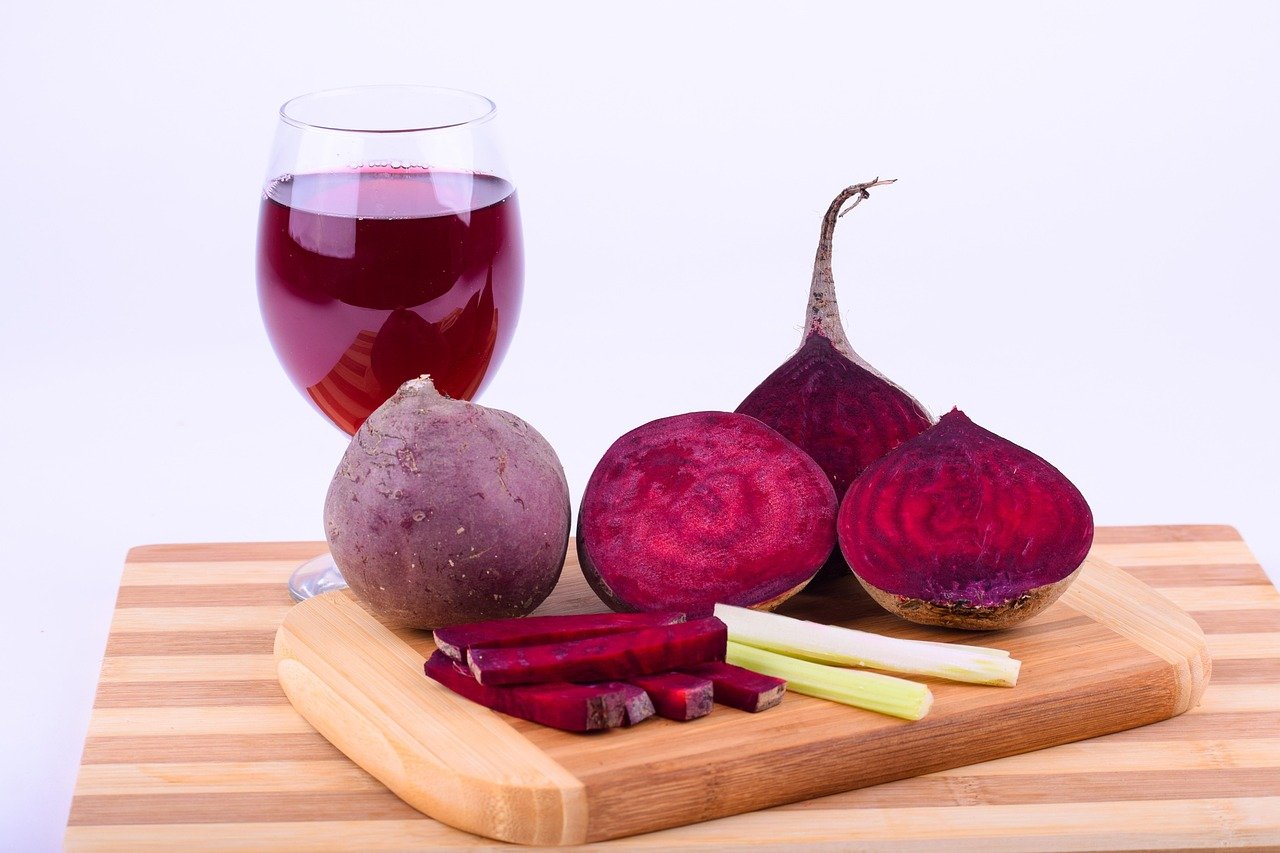CANNABIS CULTURE – CBD emerges as prized loot of South African Robbers
Processed cannabis is the prime commodity for a sophisticated network of South African cargo thieves. Theft of raw cannabis and processed CBD oil has become common.
Why?
There’s a booming marketplace for the untraceable product – and victims are often less than happy to talk to police.
Generally, South Africa is a notorious world leader in physical hijackings of commercial goods. In 2021, South Africa ranked a nineteenth out 193 countries on the Global Organized Crime Index. Its violent crime rate is among the world’s highest. Cannabis products have now joined the highly-sought list of goods grabbed by armed thieves.
Thieves at harbor
Cannabis is one of the products highly sought after by hijackers and thieves work around ports in South Africa to study shipping activities, revealed Hollard Marine Insurance South Africa, the country largest insurer of sea borne trade.
‘[With] cannabis there are different kinds of products, broadly raw cannabis, and processed cannabis such as CBD oil. When it is in its raw format, when it still looks like the plant, that is when it is at the highest risk of hijacking,’ Hollard’s business executive, Marika Van Rhyn, told local media in July.
In July 2020, South Africa’s cannabis community was plunged into morning when Julian Stobbs, the country’s cannabis-activism icon was shot and killed in a home invasion. Stobbs, a tireless campaigner for legalization of cannabis in South Africa ran a weed private members-club and a weed-themed music venue at his home.
‘As with all criminality, very sadly thieves think where there’s weed smoke there’s money,’ says Dennis Juru, leader of the International Cross Borders Traders Association, a lobby advocating for borderless trade with countries surrounding South Africa.
Juru blames inadequate security at Durban Port, South Africa’s largest, as emboldening thieves to plant their informants inside legitimate port operations. Informants then feed information on which truck is carrying precious imported cannabis products out of the port to armed hijackers who lie on extensive highways that crisscross South Africa.
For cannabis, the theft is two-fold in South Africa, says Juru. ‘There’s theft of raw medical cannabis when it’s on its way to the port of Durban before shipment to Europe. Then there’s the more lucrative stealing of manufactured CBD stuff like oils coming from abroad.’
Thieves and internet
South Africa’s rapidly growing illicit market for stolen cannabis goods is largely to blame, says Nadine Bwalya, a security consultant for the Indoor Cannabis Farmers Alliance of Johannesburg in South Africa’s biggest commercial city.
‘It’s aided by the realization that there’s not yet hi-tech tools to tag or put chips on cannabis harvest here in South Africa. Stolen cannabis can be safely mixed with legitimate one and hawked online in booming marketplaces like Gumtree, or get stored for a while in premises rented from storage startups,’ he says.
(This is not in anyway to imply that Gumtree South Africa, a legitimate online marketplace, knowingly and purposefully facilitates the trading of stolen cannabis products, licenses or CBD oils on its website).
Cannabis crime-victims shy
Victims of cannabis robberies and their reaction to incidents is also one of the reasons why thieves are emboldened, says, Ayanda Saku, a former police detective in South Africa and now crime-combating adviser for cannabis exporters. Thieves are very aware that cannabis traders are less likely to report a crime out of fear of being prosecuted themselves.
‘You’ll notice that cannabis – despite legalization – is still a very grey area in South Africa. Many entrepreneurs are growing the crop in unlicensed greenhouses inside their private homes or running labs from their kitchens. It’s doubly traumatizing to suffer a robbery, file a police report and get arrested yourself for an unlicensed greenhouse,’ he says.
This story contrinues to develop. Cannabis Culture Magazine is your only source for On the Ground reports about cannabis in the emerging markets of the Global South.
Sign up for our Weekly Stash newsletter here.
Original Article










